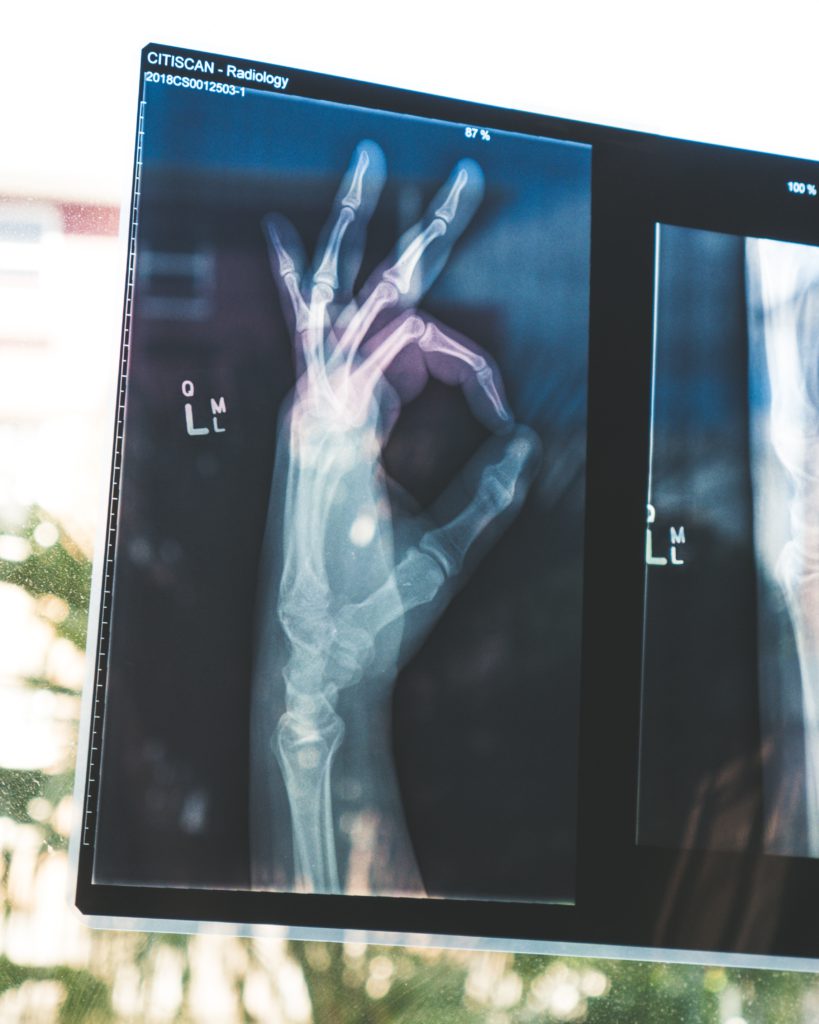Curious about the potential side effects of SAMe? S-Adenosyl-L-Methionine, or SAMe for short, is a naturally occurring compound in the body that has gained attention as a dietary supplement with possible therapeutic effects on mood, joint health, and liver function. It is commonly used to address conditions like depression, osteoarthritis, and certain liver disorders. SAMe’s involvement in neurotransmitter synthesis has made it a popular choice for managing mood disorders, while its role in supporting joint health offers potential relief for those with osteoarthritis. While generally considered safe, it’s always wise to consult a healthcare professional before starting SAMe supplementation to ensure its suitability for your specific needs and to navigate potential interactions with medications. Stay informed and seek reliable sources for the most up-to-date information on SAMe.
Possible Side Effects of SAMe
Gastrointestinal Symptoms
SAMe supplementation may occasionally cause gastrointestinal symptoms, such as nausea, diarrhea, or stomach upset. These symptoms are typically mild and transient, resolving on their own without any intervention. However, if you experience persistent or severe gastrointestinal symptoms, it is important to consult your healthcare professional for further evaluation and guidance.
Headaches and Dizziness
In some individuals, SAMe supplementation may potentially lead to headaches or dizziness. These side effects are generally mild and temporary. If you experience persistent or severe headaches or dizziness, it is advisable to consult your healthcare professional for further assessment.
Sleep Disturbances
SAMe supplementation has been associated with sleep disturbances in some individuals. This may include difficulty falling asleep, staying asleep, or experiencing changes in sleep patterns. If you notice any sleep disturbances while taking SAMe, it is recommended to discuss this with your healthcare professional for appropriate management strategies.
Allergic Reactions
While rare, some individuals may experience allergic reactions to SAMe supplementation. Allergic reactions may manifest as skin rashes, itching, swelling, or difficulty breathing. If you develop any signs of an allergic reaction, it is crucial to seek immediate medical attention.
Mania in Bipolar Disorder
SAMe supplementation may potentially induce manic episodes in individuals with bipolar disorder. Mania is characterized by an elevated mood, increased energy levels, irritability, and impulsive behavior. If you have bipolar disorder, it is essential to discuss SAMe supplementation with your healthcare professional to evaluate the potential risks and benefits.
Hypomania in Depression
Similar to bipolar disorder, SAMe supplementation may induce hypomanic symptoms in individuals with depression. Hypomania is a milder form of mania and may include increased energy, racing thoughts, and impulsivity. If you have depression, it is important to communicate with your healthcare professional about SAMe supplementation and monitor for any changes in mood or behavior.
Serotonin Syndrome
SAMe supplementation has the potential to increase serotonin levels in the brain. In rare cases, this may lead to a condition called serotonin syndrome. Serotonin syndrome is a potentially life-threatening condition characterized by symptoms such as confusion, agitation, rapid heartbeat, high blood pressure, dilated pupils, and tremors. If you experience any of these symptoms, seek immediate medical attention.
Skin Reactions
Although uncommon, some individuals may develop skin reactions, such as rashes or hives, while taking SAMe. If you notice any changes in your skin or develop a rash, it is advisable to consult your healthcare professional for evaluation and appropriate management.
Interaction with Antidepressants
SAMe supplementation can potentially interact with certain antidepressant medications, such as selective serotonin reuptake inhibitors (SSRIs) and monoamine oxidase inhibitors (MAOIs). These interactions can lead to an increased risk of serotonin syndrome. Therefore, it is crucial to inform your healthcare professional about any antidepressant medications you are taking before starting SAMe supplementation.
Interaction with Other Medications
SAMe may also interact with other medications, such as medications for Parkinson’s disease, antipsychotics, or certain anti-seizure medications. These interactions can affect the metabolism or effectiveness of both SAMe and the other medications. It is essential to disclose all medications you are taking to your healthcare professional to ensure safe and appropriate use of SAMe.

Precautions and Considerations
Pregnancy and Breastfeeding
There is limited information regarding the use of SAMe during pregnancy and breastfeeding. As a precautionary measure, it is generally recommended to avoid SAMe supplementation during pregnancy and breastfeeding unless specifically advised by a healthcare professional.
Underlying Health Conditions
If you have underlying health conditions, such as liver disorders, kidney disease, or epilepsy, it is important to consult your healthcare professional before starting SAMe supplementation. They can assess your specific situation and provide guidance on the safety and appropriateness of SAMe use.
Liver Disorders
SAMe is primarily metabolized in the liver, and individuals with liver disorders may have impaired SAMe metabolism. If you have a known liver disorder, it is crucial to discuss SAMe supplementation with your healthcare professional to determine the appropriate dosage and monitor liver function if necessary.
Bipolar Disorder
As mentioned earlier, individuals with bipolar disorder should exercise caution when considering SAMe supplementation due to the potential risk of inducing manic episodes. Close monitoring and guidance from a healthcare professional are essential to ensure the safe use of SAMe in individuals with bipolar disorder.
Dosage Considerations
The appropriate dosage of SAMe can vary depending on the individual’s specific needs and health conditions. It is important to follow the dosage instructions provided by the supplement manufacturer or as recommended by your healthcare professional. Increasing the dosage beyond the recommended levels does not necessarily lead to enhanced benefits and may increase the risk of side effects.
Potential Drug Interactions
SAMe may interact with certain medications, including antidepressants, Parkinson’s disease medications, antipsychotics, and anti-seizure medications. Informing your healthcare professional about all medications you are taking, including over-the-counter medications and supplements, is crucial to ensure safe and effective use of SAMe.
Adverse Reactions
While SAMe is generally well-tolerated, adverse reactions can occur, although they are rare. If you experience any unexpected or severe symptoms while taking SAMe, it is important to seek immediate medical attention. Your healthcare professional can assess the situation and provide appropriate guidance or discontinue SAMe supplementation if necessary.
In conclusion, SAMe supplementation has shown potential therapeutic effects on mood, joint health, and liver function. However, it is important to be aware of the possible side effects and take necessary precautions before starting SAMe supplementation. Consulting a healthcare professional, especially if you have underlying health conditions or are taking other medications, is crucial for safe and effective use of SAMe. Remember to monitor your symptoms and report any adverse reactions to your healthcare professional for appropriate management.








